Explore how AI solutions enhance student inquiry management through automated responses, predictive analytics, and personalized support, improving efficiency, reducing workload, and delivering faster, more accurate assistance for educational institutions.
Table Of Contents
“Artificial Intelligence (AI) has the potential to influence practically every aspect of education and society as it rapidly develops both inside and outside of schools.” This sentence introduces CoSN’s report titled “Artificial Intelligence (AI) in K-12.” As the education landscape evolves, AI is expected to significantly personalize education, enhance curriculum development, and encourage experimentation with innovative teaching and learning methods. By increasing productivity and customization, incorporating AI into student inquiry management revolutionizes educational establishments.
More than 38,708 queries may be answered by AI-powered chatbots, like the ones at the University of Murcia, with an astounding 91% accuracy rate. This technology offers prompt assistance even when conventional office hours are not observed. Similarly, Jill Watson at Georgia Tech responds to 10,000 inquiries each semester, achieving a remarkable 97% accuracy rate. AI agents also employ predictive analytics to identify students who may be struggling, which has led to a 40% reduction in academic probation cases at MIT’s Sloan School of Management.
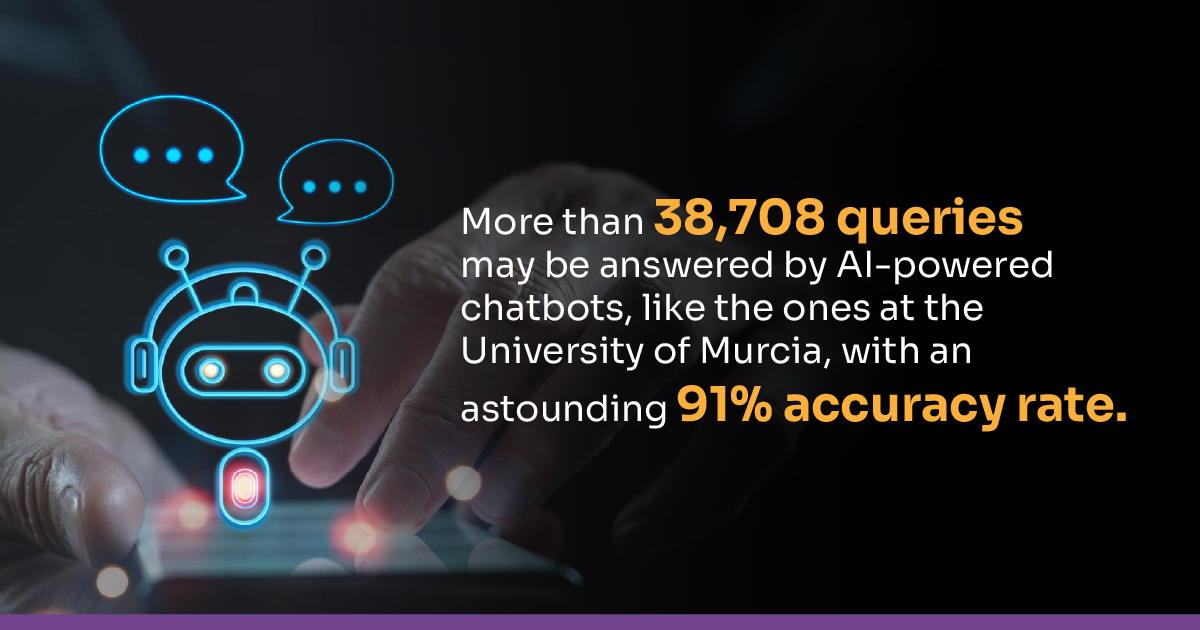
Furthermore, 24% of students utilize AI tools daily, and 86% now use them in their studies. By 2025, AI will be included in roughly 47% of learning management systems, indicating that this broad use will only increase. Due to these advances, course completion rates have increased by 28%, and student satisfaction has increased by 45%.
What Challenges do Institutions face in handling student inquiries?
- Data Accuracy and Consistency: Ensuring that inquiry data is accurate and consistently classified across all channels is essential. Inconsistent data can lead to flawed analyses and poor decision-making.
- Speed and Efficiency: Responding quickly to inquiries is vital; institutions often struggle to efficiently manage a high volume of inquiries. This can result in delays and missed opportunities.
- Channel Management: Managing inquiries across multiple channels—such as websites, social media, and email—can be complex, especially when maintaining consistency in tracking and response strategies.
- Resource Allocation: A significant challenge is balancing the workload and allocating sufficient resources to manage inquiries effectively without overwhelming staff.
- Personalization and Engagement: Providing personalized support while effectively engaging students requires a deep understanding of their needs and preferences, which can be challenging to achieve with traditional methods.
How AI Can Transform Inquiry Management: Combining High-Tech with High-Touch
24/7 Automated Support Systems
AI-powered chatbots accurately handle 91% of routine inquiries, addressing admissions, deadlines, course enrollment, and document verification questions. These systems:
- Answer 38,708+ questions annually with 91% accuracy (University of Murcia case study).
- Reduce average response time to under 10 seconds.
- Support multilingual queries for international students.
- Similarly, EDMO’s Conversation Intelligence transforms student interactions using voice assistants and AI-driven chatbots. These resources provide individualized, real-time assistance through various channels, from financial aid advice to admissions questions.
Intelligent Workflow Automation
AI streamlines administrative processes through:
- Transcript analysis: Processes 250,000+ transcripts annually, automatically calculating GPAs and credit hours.
- Document verification: Cross-checks recommendation letters and academic records without human intervention.
- Application tracking: Provides real-time updates to students via automated notifications.
- Similarly, EDMO’s Document Intelligence automates student application sorting, processing, and reviewing to improve accuracy and decrease human labor. By smoothly integrating with leading CRMs, EDMO guarantees faster and more effective admissions processing.
Predictive Intervention
Machine learning algorithms analyze engagement patterns to:
- Identify at-risk students 3-4 weeks earlier than traditional methods.
- Suggest personalized academic interventions based on attendance, assignment patterns, and LMS engagement.
- Reduce academic probation cases by 40% (MIT Sloan School example).
Resource Optimization
- Staff workload reduction: Automates 70% of routine inquiries, freeing staff for complex cases.
- Cost efficiency: Lowers operational costs by 32% while improving response consistency.
- Scalability: Manages thousands of simultaneous inquiries during peak admission periods.
Enhanced Student Experience
- Personalized guidance: AI agents suggest scholarships, courses, and deadlines based on individual profiles.
- Emotional analytics: Emerging systems detect stress patterns in communication to trigger support interventions.
- Global accessibility: Provides timezone-agnostic support through conversational AI.
Read more: Demystifying SOP and Essay Analysis with AI Solutions
Summary
AI transforms student inquiry management by enhancing efficiency, personalization, and scalability. For instance, AI-powered chatbots, such as those at the University of Murcia, handle over 38,708 inquiries annually with an accuracy rate of 91%. Meanwhile, Jill Watson at Georgia Tech achieves an impressive 97% accuracy, responding to 10,000 inquiries each semester.
AI tackles data accuracy, response speed, and resource allocation challenges by providing 24/7 automated support and intelligent workflow automation. Additionally, it enables predictive intervention, which, according to MIT Sloan, has reduced academic probation cases by 40%.
With 70% of routine inquiries automated, institutions can reduce operational costs by 32%, improve response times, and enhance the student experience by offering personalized, real-time support.
This is where EDMO comes in. Our technologies— Human intelligence, Conversation Intelligence, and Document Intelligence—streamline and expedite the admissions and enrollment processes. Imagine reducing the application timeframe from weeks to just a few hours and answering questions in under a minute for each application. Our products can increase the application-to-enrollment rate by 5 percentage points while decreasing staff workload by 40%.
Also Read: EDMO partners with BDM School to assist potential study abroad students
Google Cloud’s Student Success Services
Artificial Intelligence versus Machine Learning
How can institutions benefit from a learning management system?

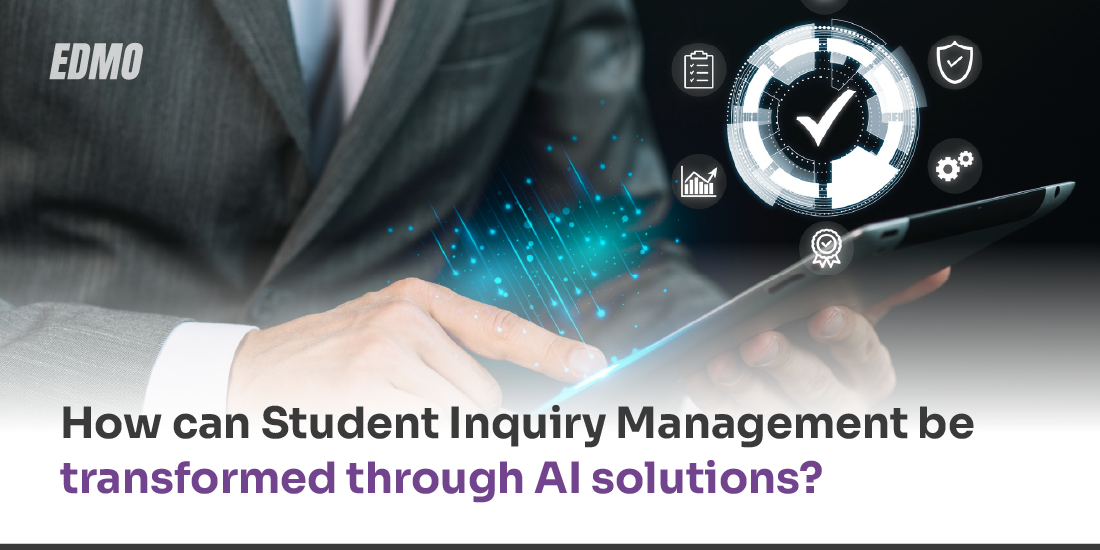
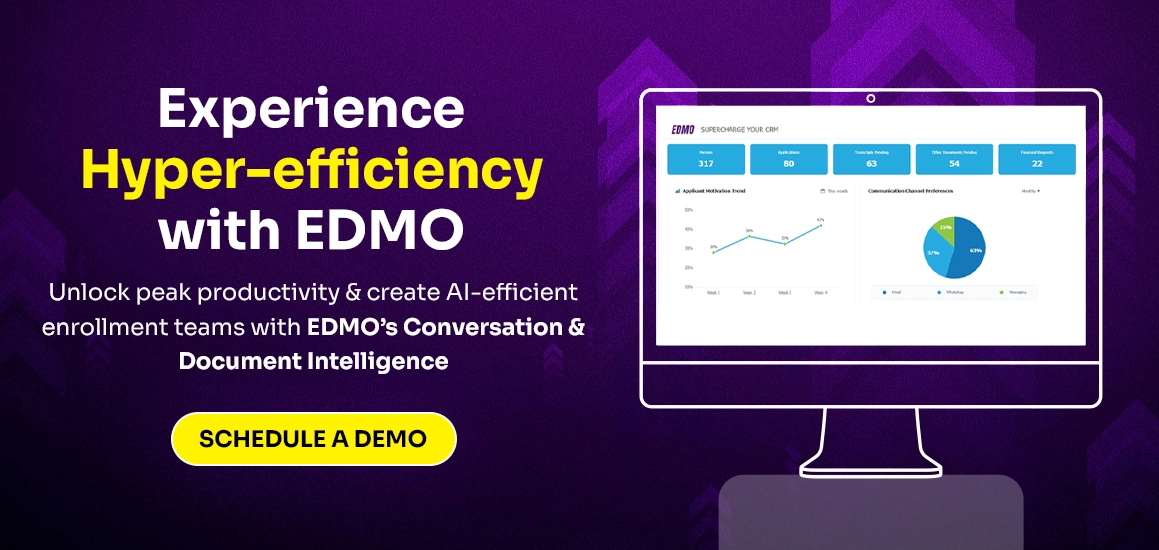



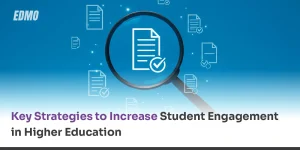

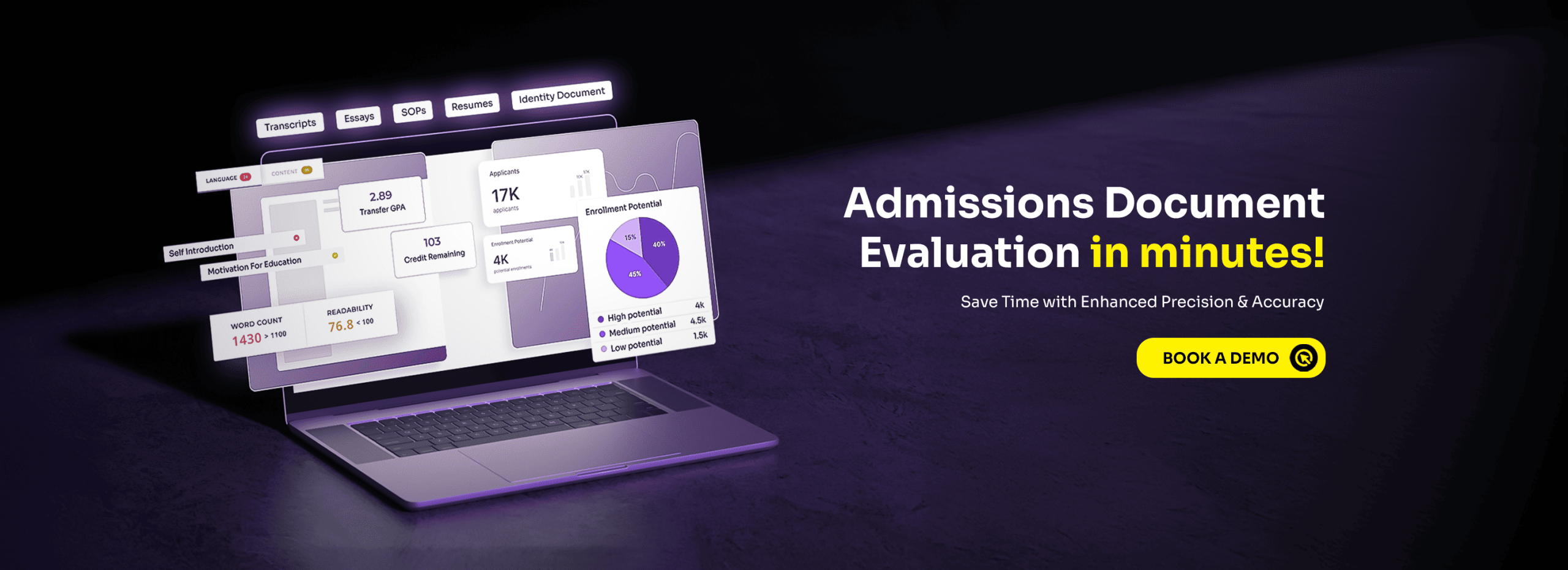
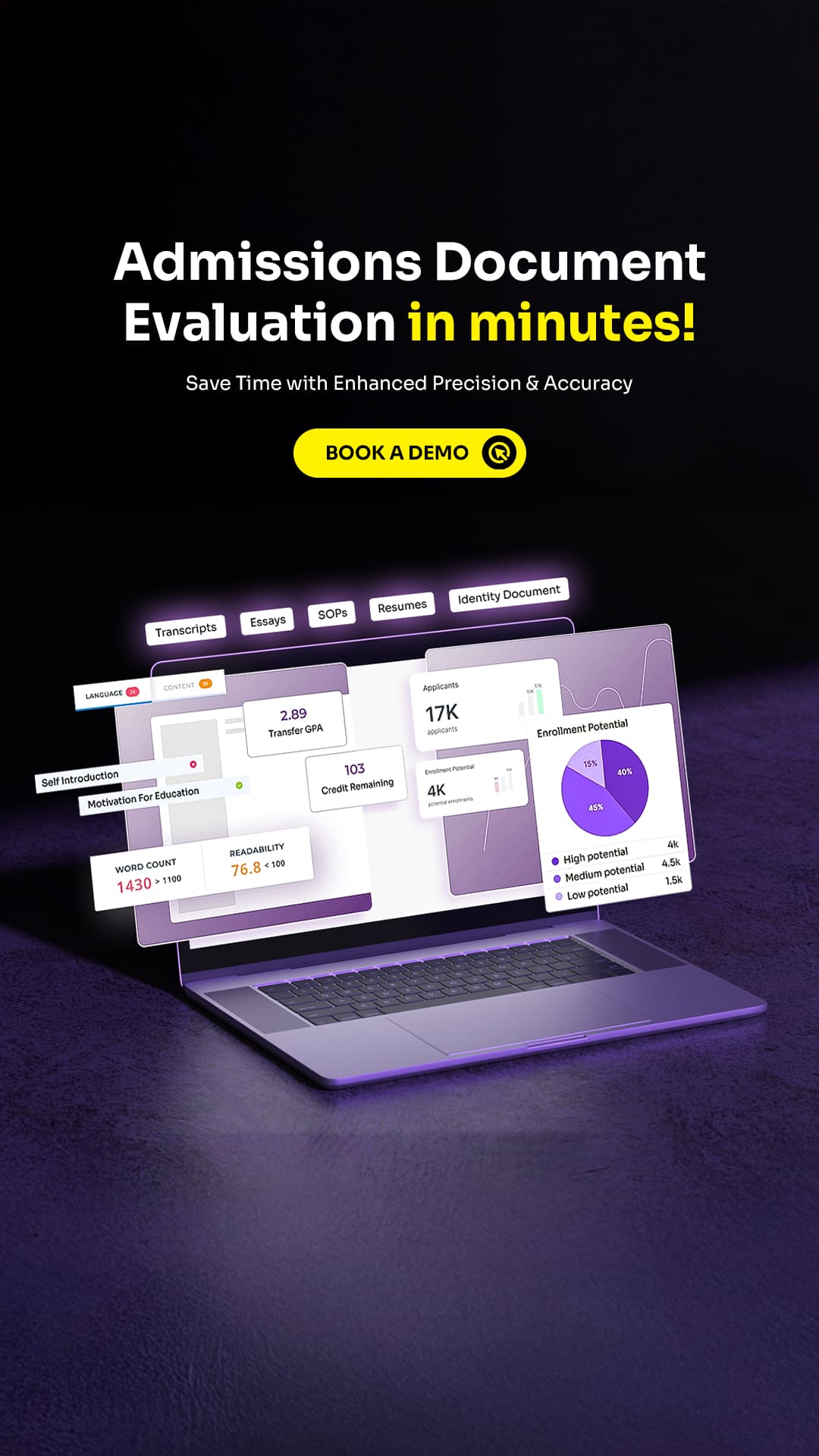
No comments yet. Be the first to comment!
Leave a Comment